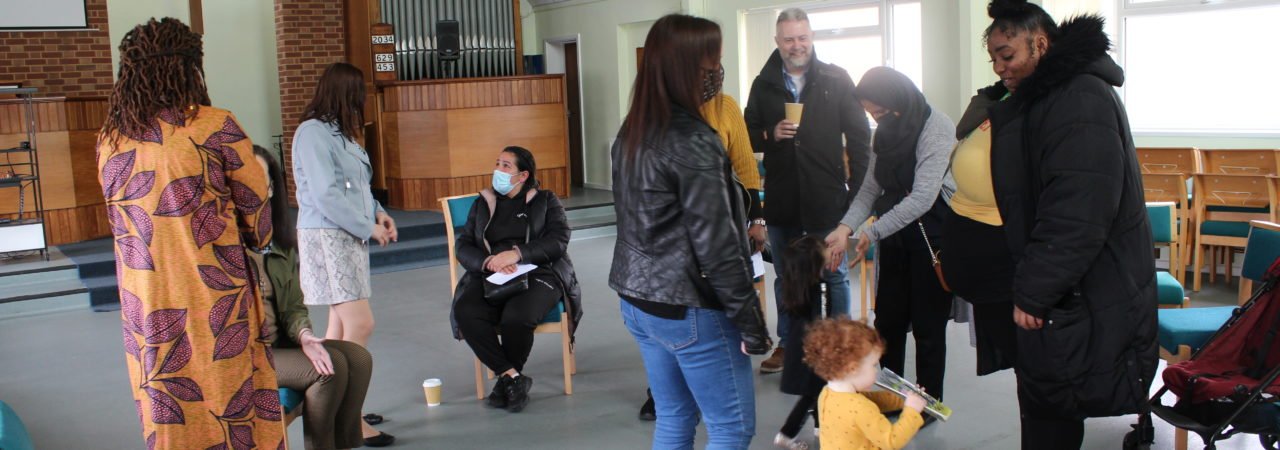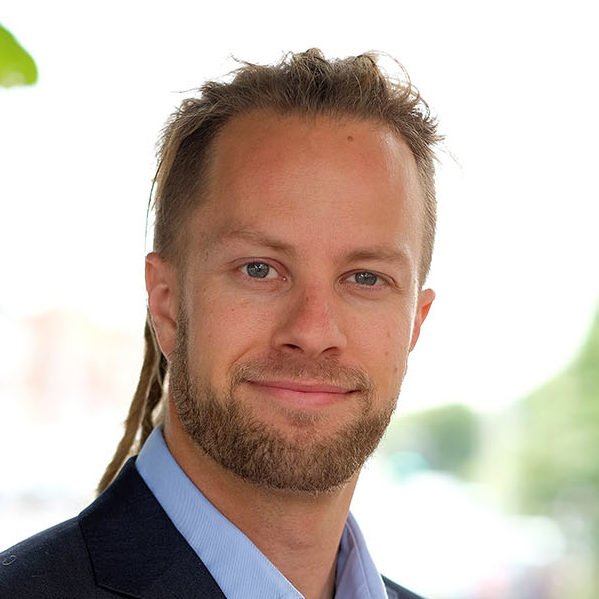This article was first published by Fighting Knife Crime London on their website and in issue four of their magazine. Reproduced with permission.
With thanks to Bruce Houlder CB QC DL, Project Founder Fighting Knife Crime London, and Dr. Nadia Habashi PhD PG Cert (Research Methods) BA (Hons) FRSA, Strategic Academic Delivery Lead (Policing) Research Lead for Policing Programme Leader and Lecturer University of East London, School of Business and Law (Criminology and Policing).
Fighting Knife Crime London is an online resource for anyone concerned about one of the greatest issues facing young people in Greater London and beyond. For more information, email nodnol.emircefinkgnithgifobfsctd-3e08ae@ofni.
Champions Support Network
The Champions Support Network (CSN) is a peer support programme for parents and carers of children at risk of serious youth violence. The programme is funded through London’s Violence Reduction Unit and operates in Barking and Dagenham, Redbridge and Havering. We recognise that whilst parents have the potential to know their children best some are very isolated. They don’t need professional help but peer support networks. Other parents can be a great support and provide expert advice.
LifeLine Projects was founded in 2000 by a group of volunteers who saw a need in their local community. Realising that they could be part of the solution, they began working with isolated and marginalised parents. Since then, we’ve grown from a small organisation with just two part-time members of staff to now employ 70 members of staff supporting over 300 parents and over 400 young people a year across 32 schools throughout East London.
I only mention our history to highlight the fact that LifeLine was founded on helping parents and carers to nurture and support their young people to become valued members of their community. Our vision is that all young people should leave school with renewed hope, developed confidence and improved skills—with a sense of vision, identity and purpose for their future.
30 teenagers were killed in London in 2021, and 27 of them lost their lives to knife crime. Most of the victims were killed by other teenagers. Many of these teenagers were excluded from school, came from families that had engaged with social services, and were involved with crime at quite an early age.
Before my son’s death, I was blindsided by the gang issue, I learnt the hard way. I wanted to share my awareness with every family on the project. Parents and carers need to be more involved in what’s happening in their children’s lives. I wanted them to know that they weren’t alone and I wasn’t there to judge. I wanted to listen, be a friendly face and offer guidance. I believe that we are all good parents and sometimes we just need someone else to be patient, supportive and point us in right direction
Peguy Kato, Champion Support Coordinator
As we mentored young people at risk of serious youth violence in secondary schools, we found their parents were desperate for support. This need was accentuated in the COVID lockdowns. We responded to the need by providing 1-2-1 support to parents and setting up peer support groups. Through this approach, we could provide more wholistic support for the families.
Through the CSN programme, we coach local parents and carers to become peer mentors in their neighbourhoods. They are trained to offer support to other parents and carers, as well as help them access education, legal, health or social care services. They are also equipped with methods for tackling behaviours in young people that may lead to serious youth violence.
For most parents and carers whose young people end up into trouble, there is often a sense of shame that they have failed at nurturing and bringing up their young person. For others, they try to bury their heads in the sand, only to end up at breaking point, unaware where or from whom to seek help. There is a communication breakdown with their community support system and zero communication happening within their own families. They end up feeling perplexed and disconnected from the lives of their young people. Our ultimate purpose was to ensure that no parent was left in isolation.
It takes a village to raise a child, understanding and learning from one another. I never knew other people were going through the same stuff.
Champions Support Network Parent
Communication was key in our approach to helping the parents and carers on the CSN programme
We wanted them to better understand the lives that young people lead today and why some carry knives. Rather than offering disconnected silos of support, we took a more integrated approach. Our Coordinators on the Champions Support Network worked closely with our Youth Development Workers, resulting in parents taking part in activities with young people and gaining understanding from their perspective and vice-versa.
We then encouraged parents and carers to participate in weekly group conversations with other parents and carers. In these sessions, they engaged deeply in collaborative dialogue around issues of concern to them. Some of the subjects discussed were how to develop a vision, identity and a purpose for teenagers, how to make the journey out of conflict, dealing with grief, how to spot criminal and sexual exploitation and how to support other parents and carers
The most frequent problem raised by parents and carers was how to bring up difficult subjects and start conversations with young people, especially if it was around weapons, sex or drugs. Some were scared about what they were going to discover, some found that their conversations only happened with raised voices, and others had completely given up and felt their young people were now complete strangers to them. In the group conversations, parents and carers went through various scenarios and everyone was encouraged to voice how they would react in these situations. Tips were given on how to communicate more effectively with young people, how to not expect instant results and, most importantly, to be patient.
The group conversations were successful because participants liked the fact that these conversations weren’t part of the official services system and most felt they could trust the group and not be judged. Parents and carers were encouraged to get to know their young people’s friends better, meet their families, and greet them in the street and make them part of their community. Many found it comforting that they weren’t the only ones having these issues. The most important thing that the Champion Support Network programme does is to make parents and carers feel that they were heard and not alone.
Twenty-one years later, LifeLine is still here, doing what it does best—helping isolated and marginalised young people and parents support each other.




